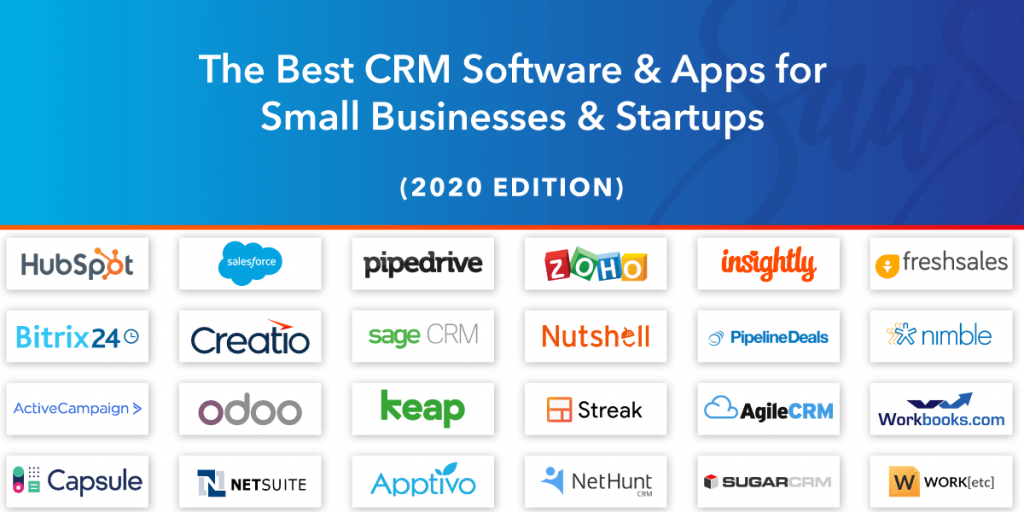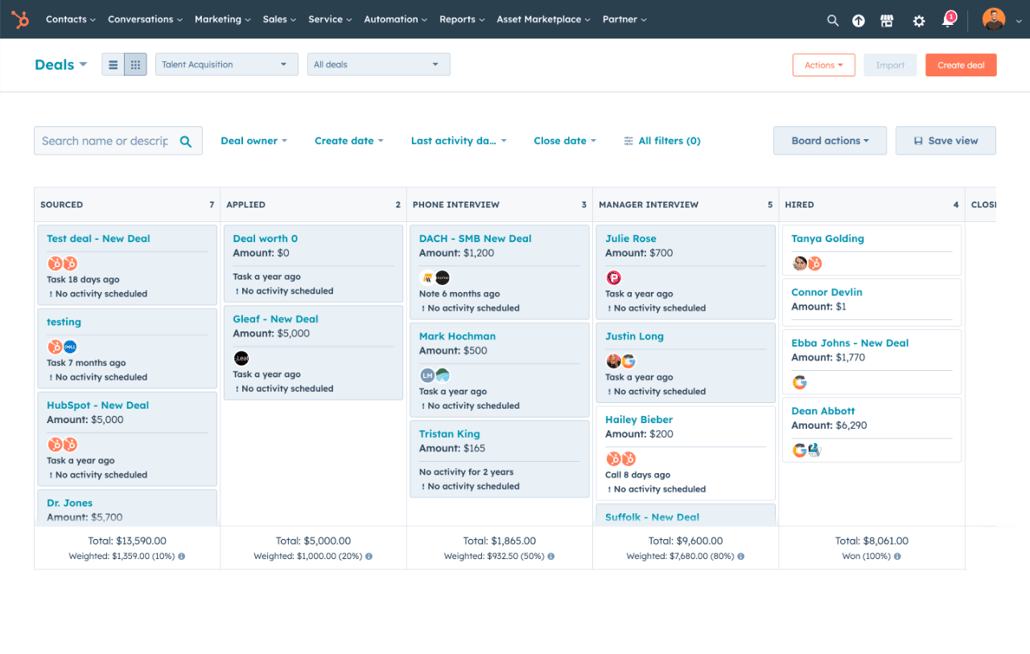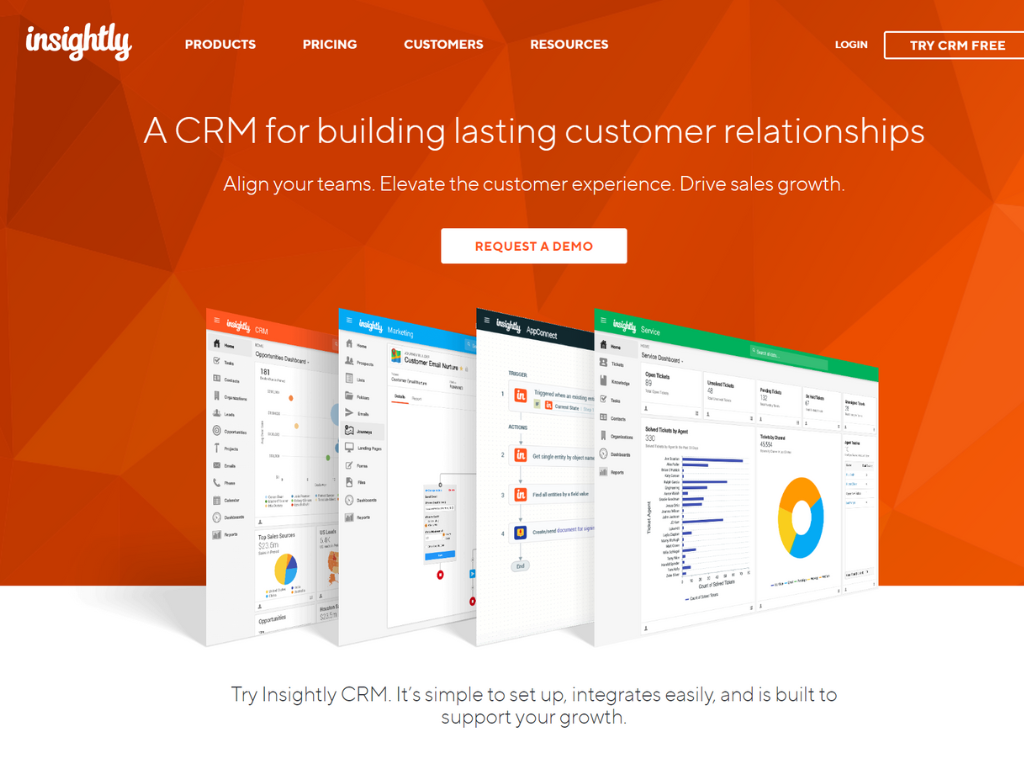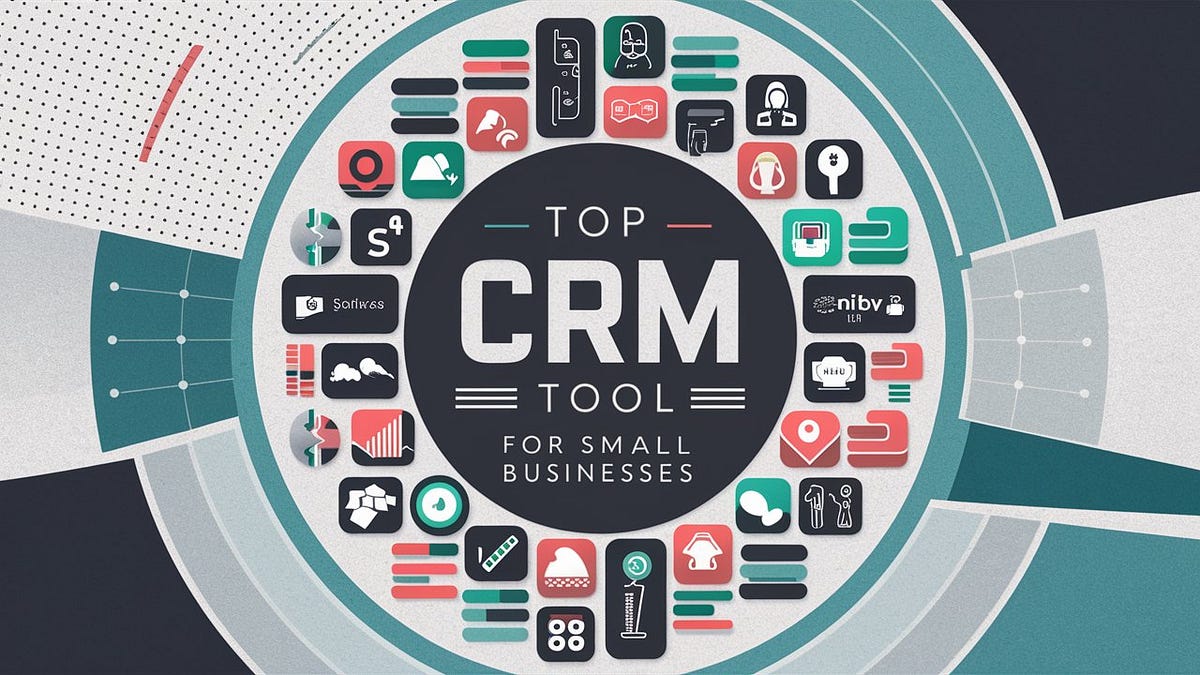The Ultimate CRM Guide for Budding Authors: Streamline Your Writing Career

The Ultimate CRM Guide for Budding Authors: Streamline Your Writing Career
Navigating the world of writing can feel like charting unknown waters. From crafting compelling narratives to building a loyal readership, the journey is multifaceted. But what if you could simplify the complexities? Enter the world of Customer Relationship Management (CRM) systems, your secret weapon for managing contacts, tracking submissions, and ultimately, boosting your writing career. This guide is tailored for small writers – authors, bloggers, freelancers, and anyone in between – looking to take control of their professional lives. We’ll explore the best CRM options, delve into their functionalities, and help you find the perfect fit to transform your writing aspirations into tangible success.
Why Every Writer Needs a CRM
Think of a CRM as your central hub for all things related to your writing career. It’s a digital rolodex, a project manager, and a marketing assistant, all rolled into one. Without a CRM, you might find yourself juggling countless spreadsheets, scattered email threads, and a growing sense of overwhelm. Here’s why a CRM is indispensable for writers:
- Contact Management: Easily store and organize contact information for editors, agents, publishers, fellow writers, and readers.
- Submission Tracking: Keep tabs on your submissions, deadlines, and responses from literary agents and publishers.
- Marketing & Outreach: Manage your email lists, send newsletters, and track the effectiveness of your marketing campaigns.
- Project Management: Organize your writing projects, set deadlines, and track your progress.
- Sales & Income Tracking: Monitor your book sales, track royalties, and manage your income streams.
- Collaboration: Facilitate seamless communication and collaboration with editors, beta readers, and other collaborators.
In essence, a CRM empowers you to be more organized, efficient, and strategic in your writing endeavors. It frees up your time and mental energy, allowing you to focus on what you do best: writing.
Key Features to Look for in a Writer’s CRM
Not all CRMs are created equal. When choosing a CRM, consider these essential features tailored for writers:
Contact Management
The cornerstone of any CRM, robust contact management is crucial. Look for a CRM that allows you to:
- Store detailed contact information, including email addresses, phone numbers, social media profiles, and mailing addresses.
- Add custom fields to capture specific information relevant to your writing, such as the agent’s preferred genre or the editor’s submission guidelines.
- Segment your contacts into different groups (e.g., agents, editors, beta readers, fans) to personalize your communication.
Submission Tracking
Keeping track of your submissions can be a logistical nightmare. A good CRM should help you:
- Track the status of your submissions (e.g., submitted, under review, rejected, accepted).
- Record important dates, such as submission dates, response dates, and deadlines.
- Store submission guidelines and any correspondence with agents and publishers.
Email Marketing Integration
Email marketing is a powerful tool for building an audience and promoting your work. Your CRM should integrate with an email marketing platform, allowing you to:
- Build and manage your email lists.
- Create and send newsletters.
- Track your email open rates, click-through rates, and other key metrics.
- Automate your email marketing campaigns.
Project Management
Organize your writing projects and stay on track with these features:
- Set deadlines and track progress.
- Create to-do lists.
- Assign tasks to collaborators.
- Store project-related documents and notes.
Reporting & Analytics
Gain valuable insights into your writing career with these features:
- Track your submission success rates.
- Monitor your book sales and royalties.
- Analyze your marketing campaign performance.
Top CRM Systems for Small Writers
Now, let’s explore some of the best CRM options tailored for writers, considering features, pricing, and ease of use.
1. HubSpot CRM
Best for: Writers seeking a free, all-in-one solution with robust features.
HubSpot CRM is a leading player in the CRM landscape, offering a free version that’s surprisingly powerful. It’s a great starting point for writers who are new to CRM systems. Here’s what makes it stand out:
- Free forever plan: This is a huge advantage, allowing you to test the waters without any financial commitment.
- Contact management: Store unlimited contacts and track detailed information.
- Email marketing: Send newsletters and manage your email lists (limited in the free plan).
- Sales pipeline management: Track your submissions and manage your sales process (if applicable).
- Integration with other tools: Integrates with many popular apps like Gmail, Outlook, and social media platforms.
- Ease of use: HubSpot is known for its user-friendly interface.
Considerations: The free plan has limitations on the number of emails you can send per month and the features available. As your needs grow, you may need to upgrade to a paid plan.
2. Agile CRM
Best for: Writers needing a budget-friendly CRM with a focus on sales and marketing.
Agile CRM offers a free plan for up to 10 users, making it a viable option for small writing teams or individual writers. It’s particularly strong in sales and marketing features:
- Free plan: Allows for a limited number of contacts and features.
- Contact management: Comprehensive contact management with detailed information and custom fields.
- Email marketing: Create and send email campaigns.
- Sales automation: Automate your sales processes, such as following up with agents or publishers.
- Deal tracking: Track your submissions as deals and monitor their progress.
- Affordable paid plans: Paid plans offer more features and higher limits at competitive prices.
Considerations: The interface can feel a bit cluttered compared to some other CRMs. The free plan has feature restrictions.
3. Zoho CRM
Best for: Writers seeking a customizable and feature-rich CRM with a free plan for up to 3 users.
Zoho CRM is a versatile CRM with a strong emphasis on customization and automation. It offers a free plan for up to three users, making it suitable for solo writers or small writing groups. Key features include:
- Free plan: Offers basic CRM features for up to three users.
- Contact management: Detailed contact management with custom fields and segmentation.
- Email marketing: Integrates with Zoho Campaigns for email marketing.
- Workflow automation: Automate tasks, such as sending follow-up emails or updating contact information.
- Sales force automation: Manage your sales pipeline and track your submissions.
- Customization: Highly customizable to fit your specific needs.
Considerations: The free plan has limitations on the number of records and features. The interface can be slightly overwhelming for beginners due to the extensive customization options.
4. Pipedrive
Best for: Writers who prioritize a visually appealing and intuitive CRM for managing their sales pipeline.
Pipedrive is a sales-focused CRM with a user-friendly interface and a strong emphasis on visual pipeline management. While not specifically designed for writers, its pipeline features can be adapted for tracking submissions and managing your writing projects. Features include:
- Visual pipeline management: Easily visualize your submissions and track their progress.
- Contact management: Store and organize contact information.
- Email integration: Integrate with your email provider to track email conversations.
- Automation: Automate repetitive tasks, such as sending follow-up emails.
- Reporting: Generate reports to track your progress.
Considerations: Pipedrive is primarily a sales CRM, so some features might not be directly relevant to writers. It’s also a paid-only platform, with no free plan.
5. Streak
Best for: Writers who prefer a CRM that integrates directly within Gmail.
Streak is a CRM that lives inside your Gmail inbox, making it a convenient option for writers who spend a lot of time in their email. It’s a great choice for managing submissions, tracking communication, and organizing your writing projects. Features include:
- Gmail integration: Works seamlessly within your Gmail inbox.
- Contact management: Manage contacts directly from your email.
- Submission tracking: Track the status of your submissions within your email threads.
- Pipeline management: Visualize your submission pipeline.
- Collaboration: Share your pipelines and collaborate with others.
- Free plan: Offers a free plan with limited features.
Considerations: Streak is only available for Gmail users. The free plan has limitations on the number of pipelines and features.
6. Airtable
Best for: Writers who want a flexible and customizable CRM using a spreadsheet-like interface.
Airtable is a hybrid of a spreadsheet and a database, offering a highly flexible and customizable platform for managing your writing career. While not a traditional CRM, it can be easily adapted to suit your specific needs. Features include:
- Flexible interface: Organize your data in a variety of views, including grids, calendars, and kanban boards.
- Customizable fields: Add custom fields to track any information you need.
- Collaboration: Collaborate with other writers or editors.
- Automation: Automate tasks, such as sending email notifications.
- Integration: Integrate with other tools, such as Google Calendar and Slack.
- Free plan: Offers a free plan with limited features.
Considerations: Airtable requires some setup and customization. It might not be as intuitive as some dedicated CRMs for beginners.
Choosing the Right CRM: A Step-by-Step Guide
With so many options available, choosing the right CRM can seem daunting. Here’s a step-by-step guide to help you find the perfect fit:
- Define Your Needs: Before you start researching, take some time to identify your specific needs and goals. What do you want to achieve with a CRM? What are your pain points? What features are most important to you?
- Set Your Budget: Determine how much you’re willing to spend on a CRM. Consider both the monthly subscription costs and any potential setup or training fees.
- Research Your Options: Explore the CRM options listed above and other potential candidates. Read reviews, compare features, and consider your budget.
- Try Free Trials or Free Plans: Most CRM providers offer free trials or free plans. Take advantage of these opportunities to test out the software and see if it’s a good fit for your needs.
- Consider Ease of Use: Choose a CRM that is easy to learn and use. You don’t want to spend hours figuring out how to navigate the software.
- Assess Integration Capabilities: Make sure the CRM integrates with the other tools you use, such as your email provider, calendar, and social media platforms.
- Evaluate Customer Support: Check the provider’s customer support options. Do they offer email support, phone support, or online documentation?
- Make a Decision: Based on your research and testing, choose the CRM that best meets your needs and budget.
- Implement and Customize: Once you’ve chosen a CRM, implement it and customize it to fit your specific needs. Add your contacts, set up your pipelines, and configure your automations.
- Train and Refine: Train yourself or your team on how to use the CRM. Regularly review your CRM setup and make adjustments as needed.
Tips for Maximizing Your CRM’s Potential
Once you’ve chosen a CRM, it’s time to make the most of it. Here are some tips to help you maximize its potential:
- Import Your Existing Data: Don’t start from scratch. Import your existing contacts, submission data, and other relevant information into your CRM.
- Keep Your Data Up-to-Date: Regularly update your contact information, submission statuses, and other data to ensure accuracy.
- Use Custom Fields: Take advantage of custom fields to capture specific information relevant to your writing career.
- Automate Tasks: Automate repetitive tasks, such as sending follow-up emails or updating contact information.
- Segment Your Contacts: Segment your contacts into different groups to personalize your communication.
- Track Your Results: Monitor your key metrics, such as your submission success rates and email open rates, to track your progress.
- Integrate with Other Tools: Integrate your CRM with other tools you use, such as your email marketing platform and project management software.
- Train Your Team: If you’re working with a team, train them on how to use the CRM.
- Regularly Review and Refine: Regularly review your CRM setup and make adjustments as needed.
Beyond CRMs: Other Tools to Support Your Writing Career
While a CRM is a powerful tool, it’s not the only one you’ll need. Here are some other tools that can support your writing career:
- Project Management Software: Tools like Asana, Trello, or Monday.com can help you organize your writing projects, set deadlines, and track your progress.
- Grammar and Style Checkers: Tools like Grammarly or ProWritingAid can help you improve your writing and catch errors.
- Email Marketing Platforms: Platforms like Mailchimp, ConvertKit, or ActiveCampaign can help you build and manage your email lists, send newsletters, and track your email marketing campaigns.
- Social Media Management Tools: Tools like Hootsuite or Buffer can help you manage your social media presence and schedule your posts.
- Website Builders: Platforms like WordPress, Wix, or Squarespace can help you create a professional website to showcase your work.
- Accounting Software: Tools like QuickBooks or Xero can help you track your income and expenses and manage your finances.
Conclusion: Embrace the Power of CRM for Writers
In the dynamic world of writing, staying organized, connected, and strategic is crucial. A CRM system is more than just a tool; it’s a strategic partner in your journey to success. By choosing the right CRM and leveraging its features, you can streamline your workflows, build stronger relationships, and ultimately, achieve your writing goals. Whether you’re a seasoned author or just starting out, embracing the power of CRM can make a significant difference in your career. Take the time to explore the options, find the perfect fit, and watch your writing career flourish. The future of your writing awaits – and it’s more organized than ever.



